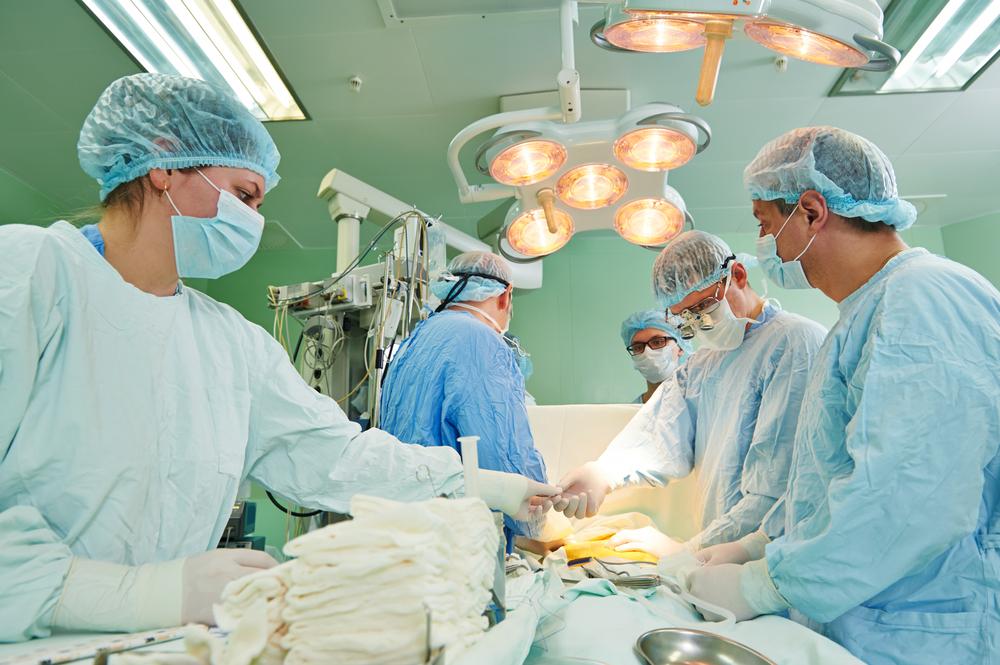Key Considerations Before Cardiac Ablation Therapy
Learn essential pre- and post-procedure considerations for cardiac ablation. This guide covers preparation steps, dietary recommendations, and safety precautions to ensure a smooth recovery and optimal heart health. Understand when to seek medical advice and how to manage lifestyle changes after the procedure.

Cardiac ablation is a minimally invasive intervention aimed at restoring normal heart rhythm by targeting abnormal electrical pathways. It works by creating scars or eliminating faulty cells responsible for irregular heartbeats caused by disorganized tissue. The procedure involves guiding a catheter through blood vessels, typically in the groin, and applying targeted heat or cold to affected areas. Its less invasive nature often ensures quicker recovery. In some cases, open-heart surgery might be required if complications occur.
Understanding preparation and precautions is essential before scheduling a cardiac ablation.
Preparation Guidelines for Cardiac Ablation
Doctors usually recommend diagnostic tests to assess heart health and plan the procedure. Discussions about risks, benefits, and side effects take place during consultations.
If patients are taking heart rhythm medications, they may need to stop them days prior. Clarify whether to continue other medications around the procedure.
Patients with devices like pacemakers should seek specific instructions from their healthcare provider.
Post-Procedure Care and Precautions
After the procedure, patients typically stay in recovery for several hours. Ongoing discomfort may require further monitoring or hospitalization.
Driving is not advised for at least 24 hours post-discharge; arrange for someone to drive you home. Avoid alcohol and smoking during recovery.
Strenuous activities and exercise should be avoided for at least three days, or as advised by your doctor.
Dietary Advice Following Cardiac Ablation
Refrain from alcohol, as it can trigger arrhythmias, especially in those with heart conditions or diabetes.
Limit intake of trans fats and saturated fats found in fried and processed foods to lower blood pressure risks.
Reduce sodium intake to less than 1,500 mg daily by avoiding processed and salty foods.
Heart-Healthy Food Choices
Consume magnesium-rich foods like nuts, spinach, avocados, whole grains, and yogurt to support cardiac health.
Maintain adequate potassium levels through bananas, oranges, tomatoes, prunes, and root vegetables such as beets and sweet potatoes.
Always consult your healthcare provider for tailored advice before and after your cardiac ablation.


